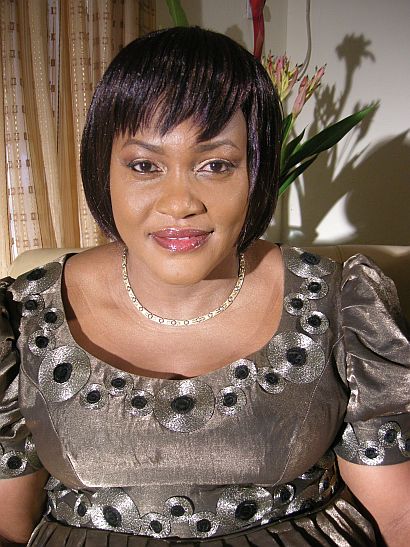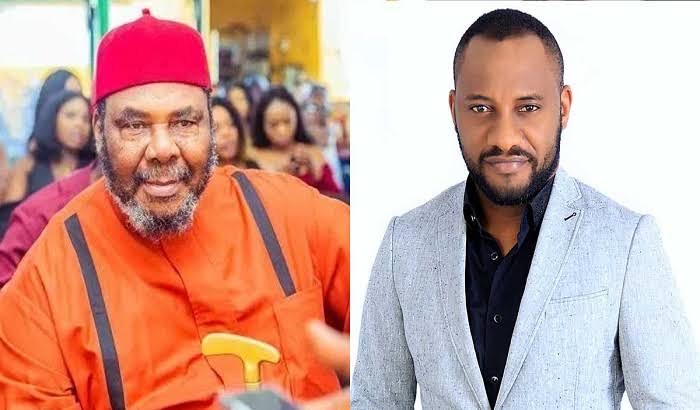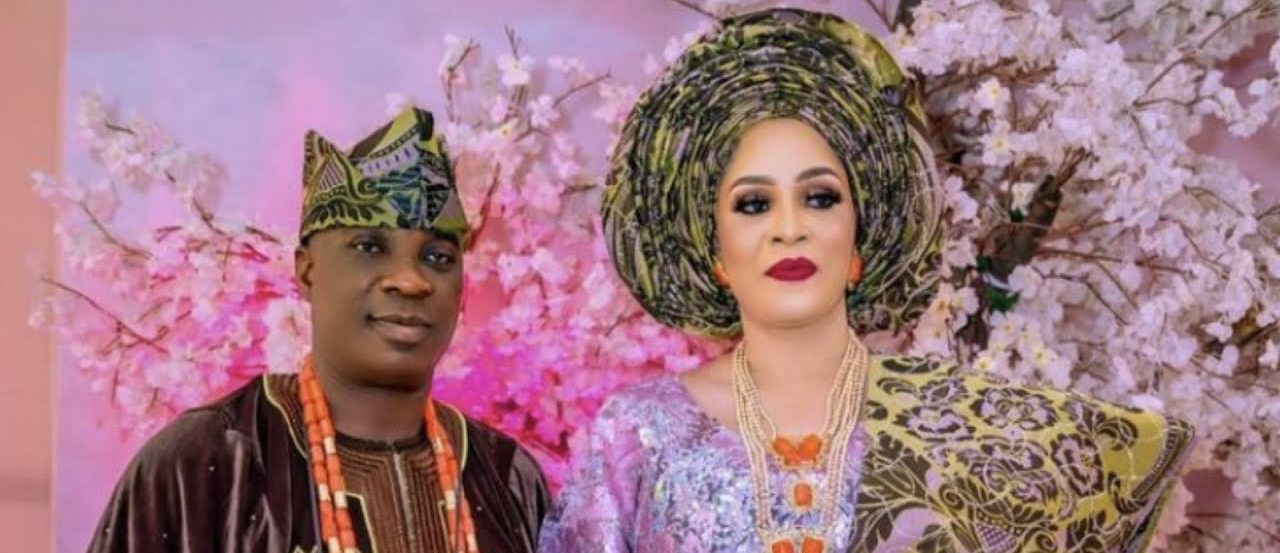
At the time of this writing Nigeria is yet to be legally known as a Police state, as such the parading of suspects in criminal or civil matters in front of the public or the media is not only a sign of instant indictment, direct forfeiture of one’s human rights but a clear message that the paraded individual does not have any constitutional rights at all.
We are on a daily basis bypassing human rights law and interning, holding or trying and convicting suspects in the media, even when we present ourselves as armed with democratic institutions like the Ministry of Justice and the Nigeria Police Force.
This long standing social practice have since metastasized into something obnoxious, awful, and dangerous especially as Nigeria prides itself as the largest democracy in Africa.
Almost on a frequent basis and across the nation, various State Police Commands and other Security Agencies parade persons accused of crimes of different categories. These persons include public officials and private persons who are allegedly in trouble as in police officers, Civil servants, firearms manufacturers, and children as well as others.
Even a Goat has been known to be paraded in a public setting!
There are times when the identification of suspects is warranted which is known as a police lineup or identity parade but it is a highly supervised, private and confidential process by which a crime victim or witness is asked to identify a suspect.
And even this type of lineup has a controversial history to this day. The entire process is called eyewitness identification.
In the case of Nigeria, public identification is indiscriminately done but what if that same suspect is bailed out from the police custody, then
what happens to him or her especially if the case he or she is involved in has other criminal defendants yet to be arrested or paraded?
His or her life could clearly be in danger either through murder or even suicide due to fear or shame.
This type of public shame and media trial of suspects could affect judicial authorities consciously and unconsciously as they see the paraded suspect on TV or in the Newspaper with a face marked with ‘guilt and embarrassment’ under the pressure and guard of the police.
Ordinarily, our system calls for a suspect upon arrest to appear in court and enter a plea as in guilty and not guilty.
He or she could be subjected to a period of temporary custody prior to trial or under bail. And should the suspect go through trial and be adjudicated as guilty by a Magistrate, a Judge or a Qadi, or through a plea bargaining if there is any, a criminal conviction then follows. This could then be the right time to parade the offender as the person is no longer a suspect but a defined criminal!
But where at the beginning the case the charges are dropped or at the end of the trial the accused is entitled to acquittal and free, and will not be sentenced to prison, what then becomes of the initial public disgrace or parade by law enforcement officials?
As most psychologists will tell you feelings of shame could be far worse than emotions of guilt. Shame in itself is a potent, painful and generally a dangerous emotion—especially for those who have been paraded knowing they are consciously innocent of the accusation(s), or acquitted of the charge(s).
Even if the so called parade is for the purpose of humiliation on the part of the suspect or for deterrence sake, the purpose is fully defeated as it is an abnormal way of handling suspect in a society where the tools for vigorous investigation to ascertain a good case could sometimes be suspect in themselves and questionable system wise.
Humanly, this popular Nigeria style of parading which is now a thing of the past in many nations like China where the practice was prevalent could in the future cause outrage from good faith persons. This is because the public show of faces, announcement of names and ages of suspects does not deter criminals or serve as a good warning given the increasing criminal and violent acts in the country.
This sort of barbaric practice is not only cruel and an unusual form of castigation, it on an emotional side brings pain not just to the suspect but to his or her families or children, who could equally feel the public shame.
As individuals we all have feeling s in terms of self-image, self-esteem or self-worth, and some of the consequences of this type of public shame could lead to self-seclusion, domestic violence, substance abuse, road rage, workplace misbehaviors, as well as becoming overly sensitive, and experience other personal and social complications.
This type of public shame could lead the person to develop an internalized view of him or herself that he or she will be mistreated by friends and families , and that they do not ‘fit’ in the society, especially when they are innocent of the crime.
Unlike actual guilt which may not produce much anger, indignation or other illogical behaviors knowing what one has done but shame like the Nigerian type, could lead to well-constructed violent and ‘I don’t care’ behaviors in the individual in the future.
The President through an executive order should inform Mohammed D. Abubakar, the Acting Inspector-General of Police, and Mohammed Bello Adoke, the Attorney General and Minister of Justice, to quickly put a stop to this inhumane, cruel and brutal practice. This should be done by passing down an order to law enforcement officials to change the way they handle criminal suspects and to correct their offensive methods of law enforcement especially to humans(not sure of the goats!) who have the right to be considered innocent until proven guilty.
John Egbeazien Oshodi, Ph.D., is a Forensic/Clinical Psychologist and the Secretary-General of the Nigeria Psychological Association (NPA), Abuja.



















